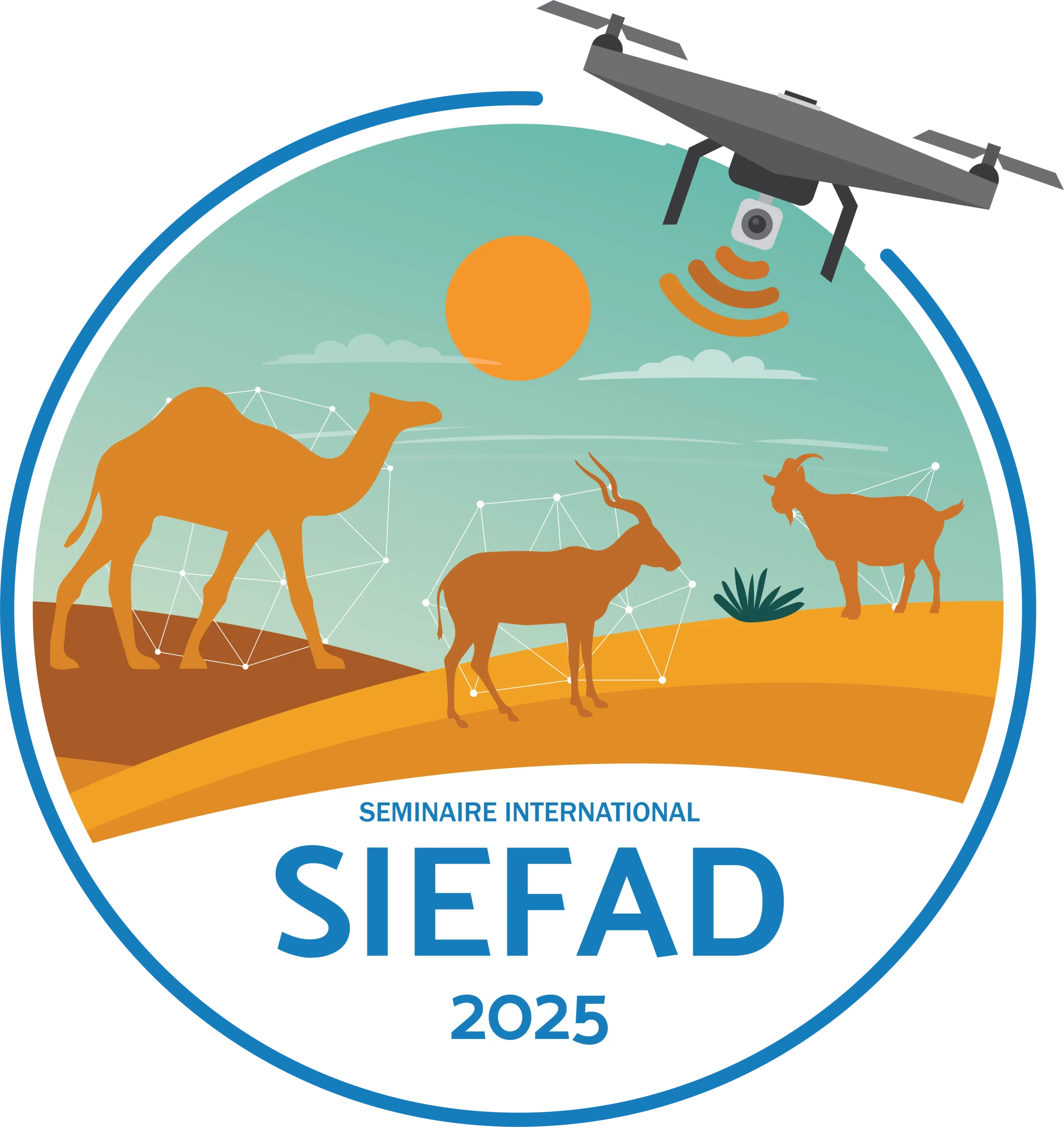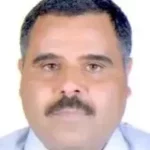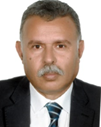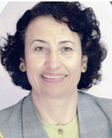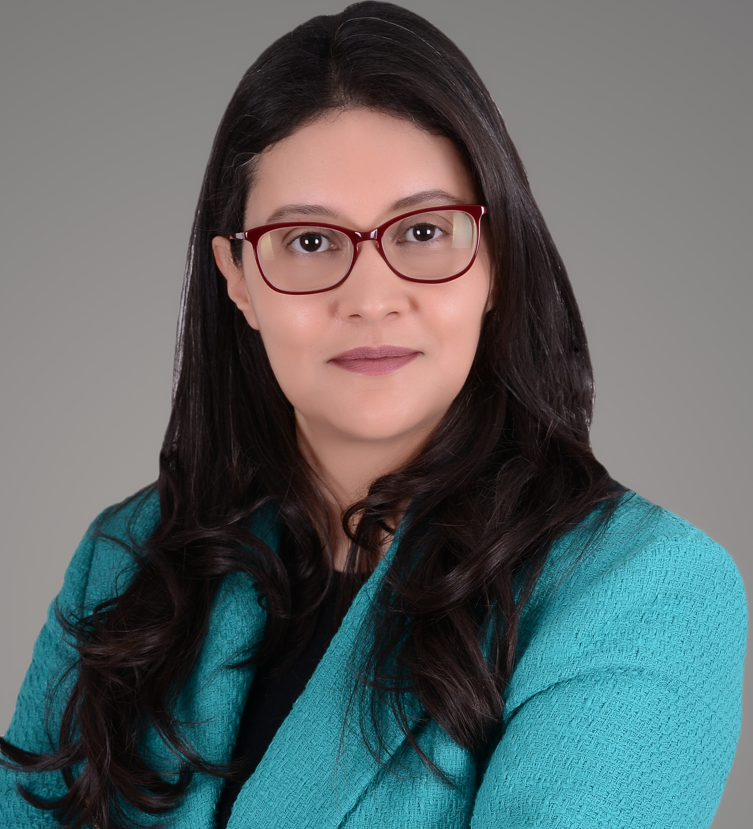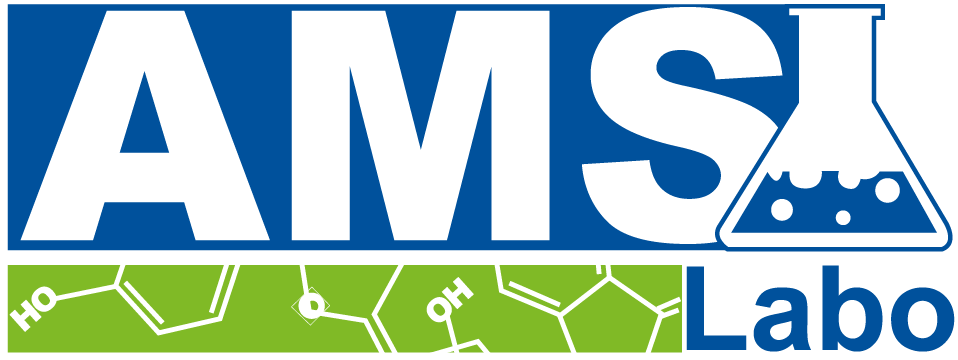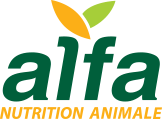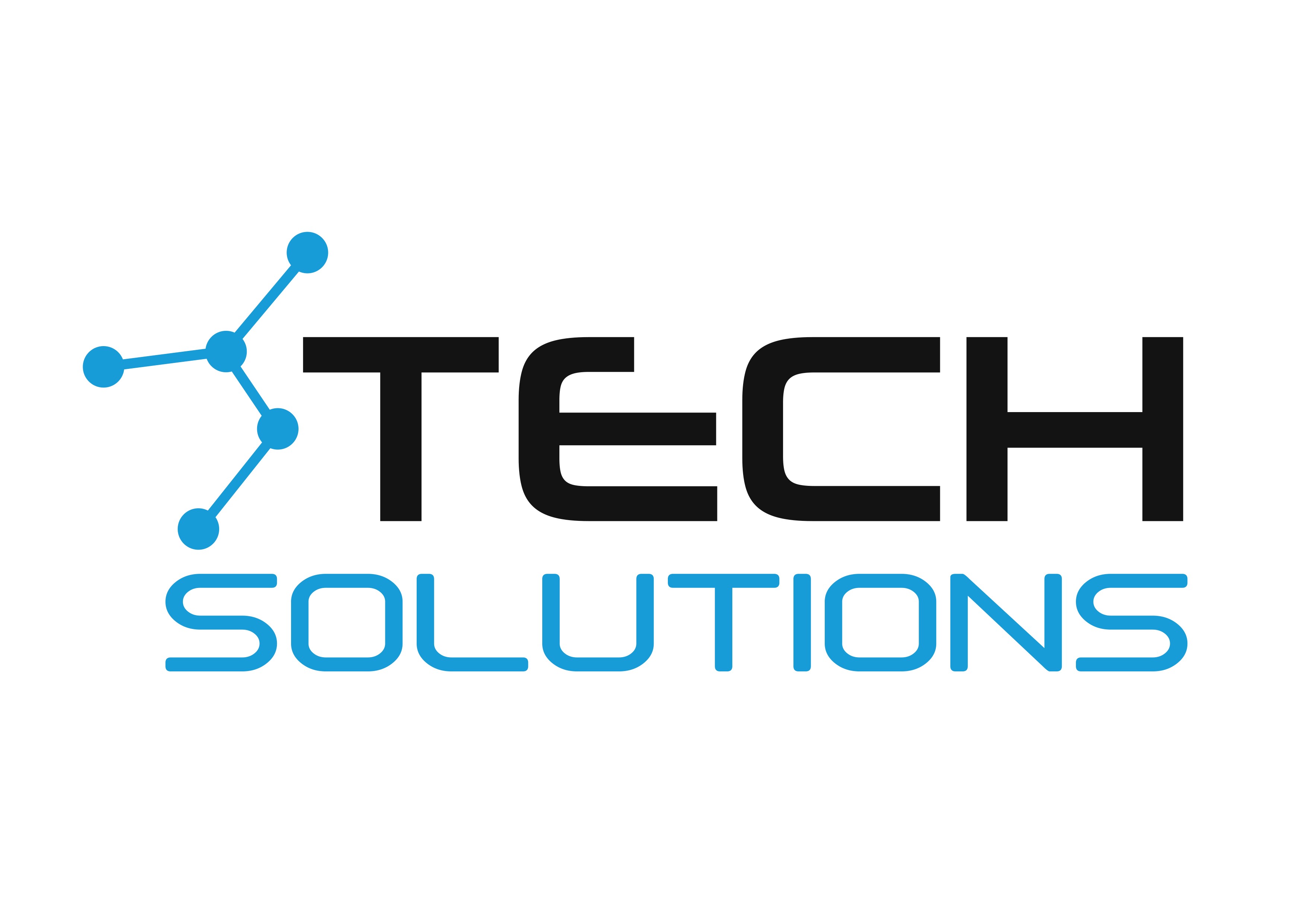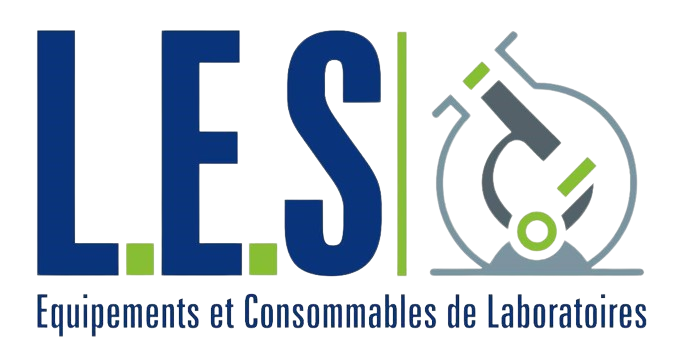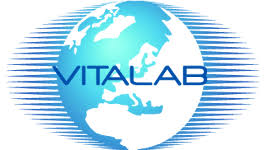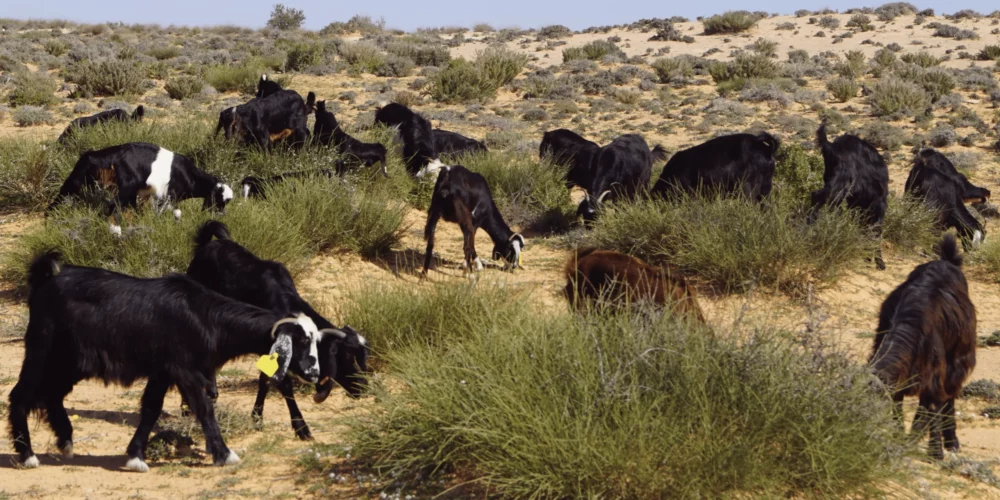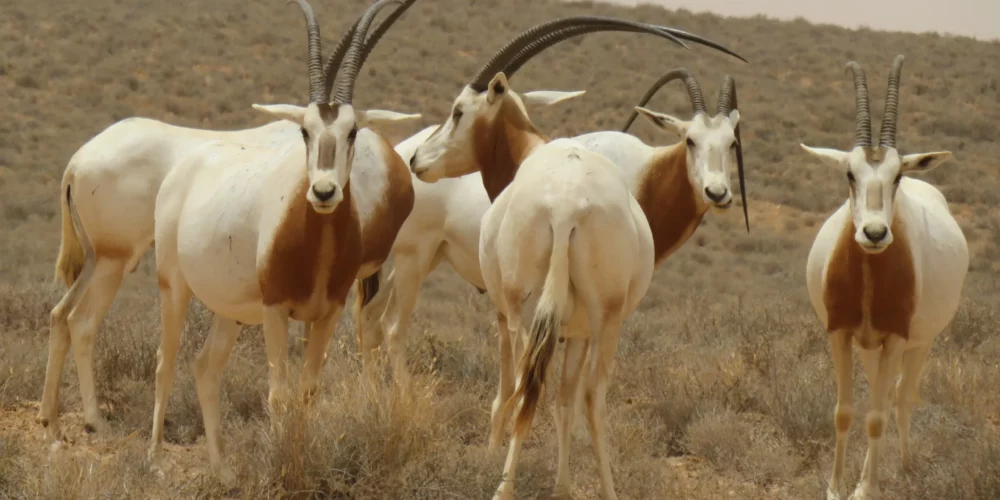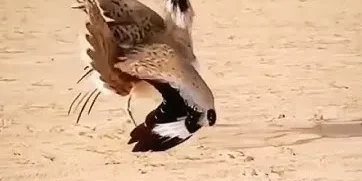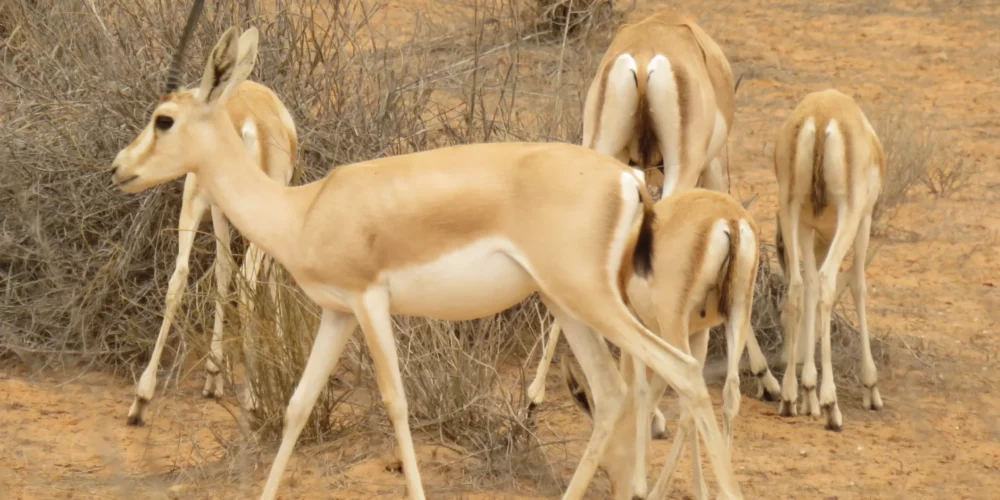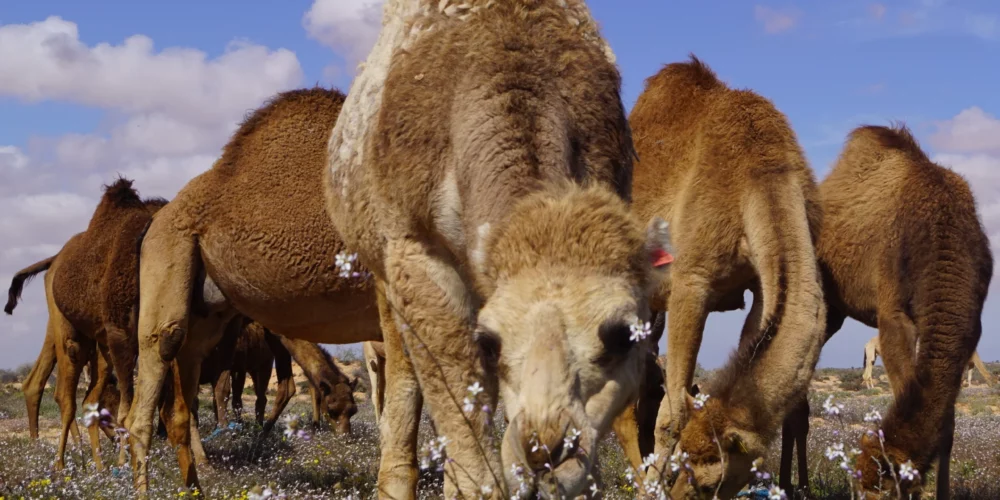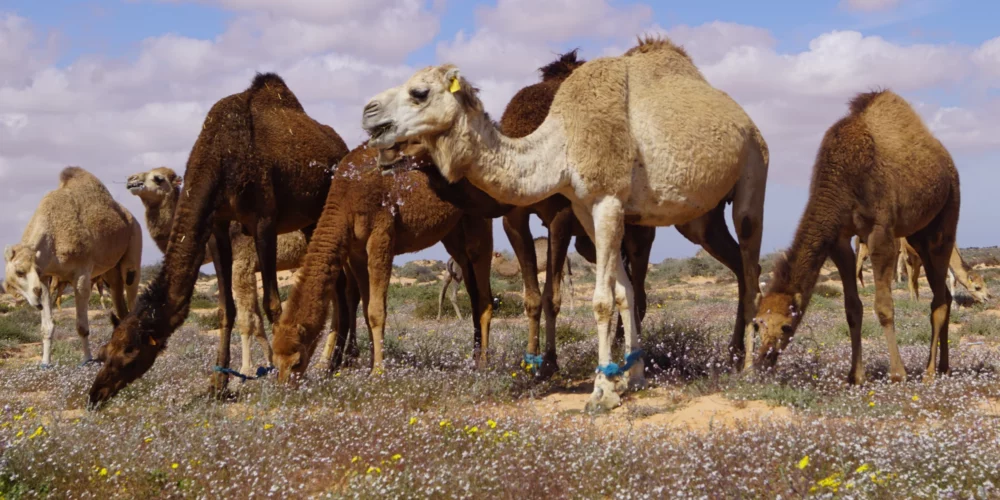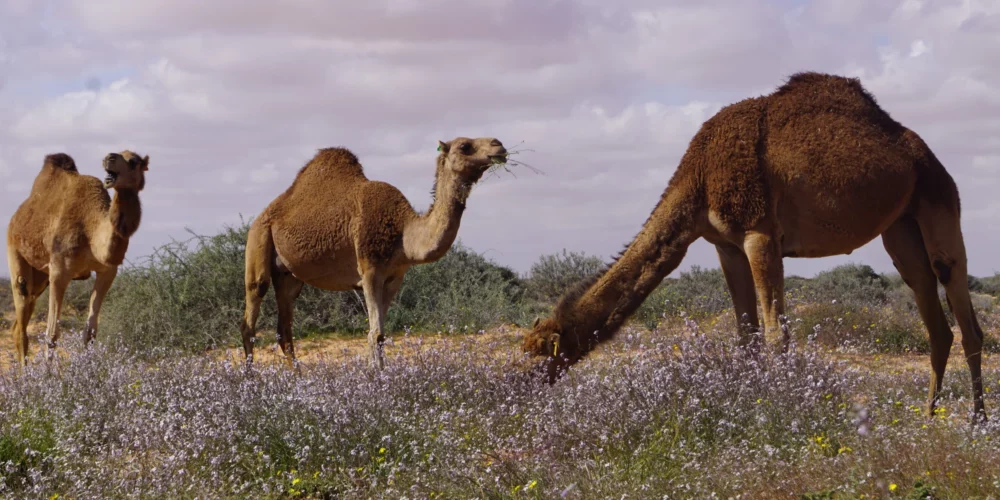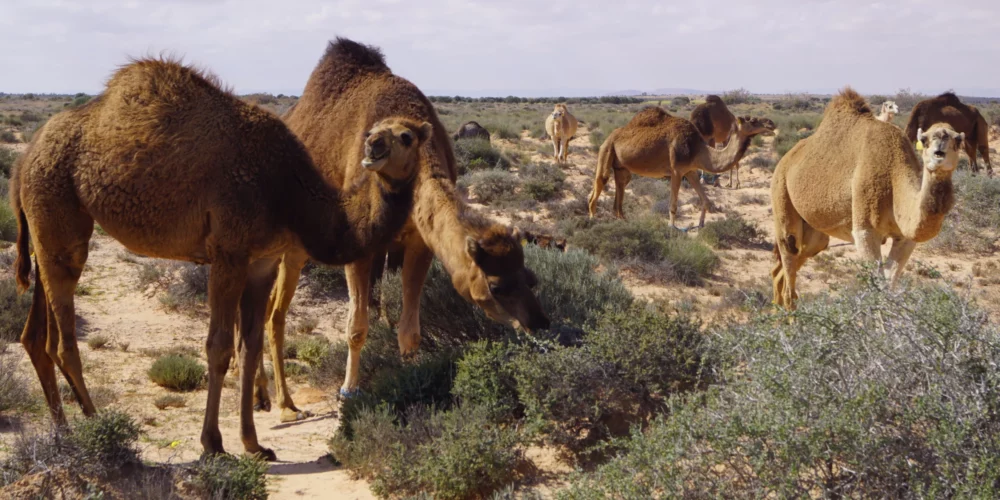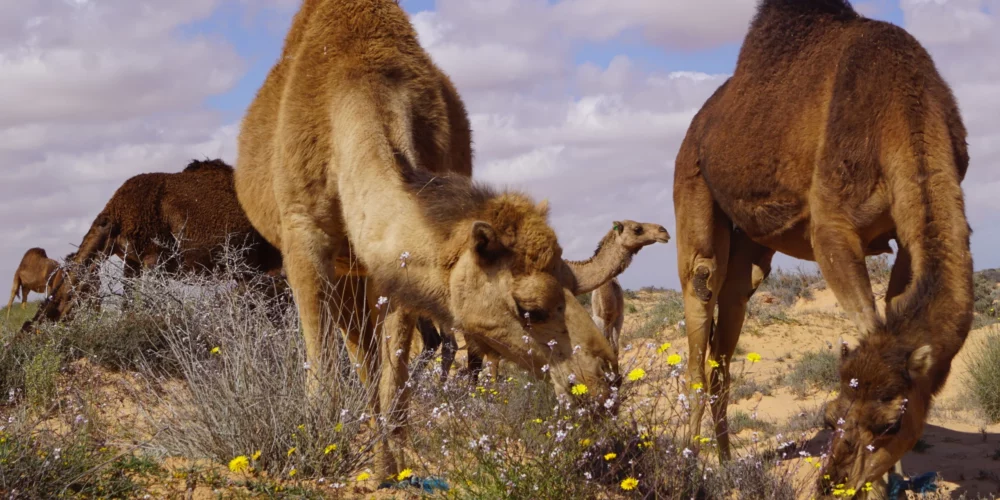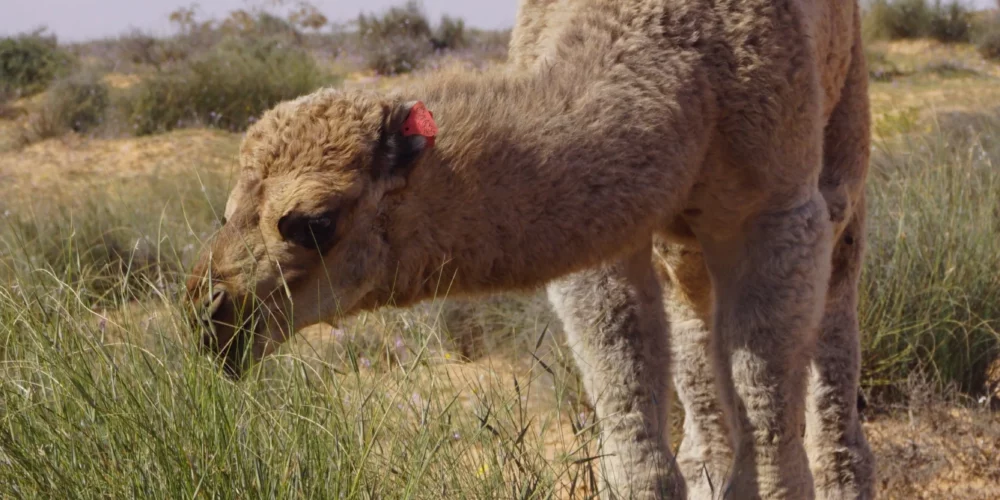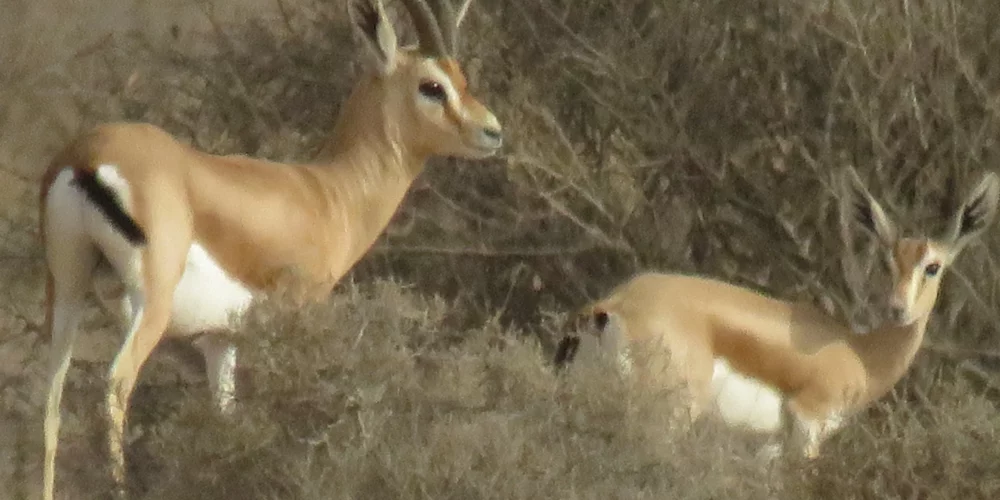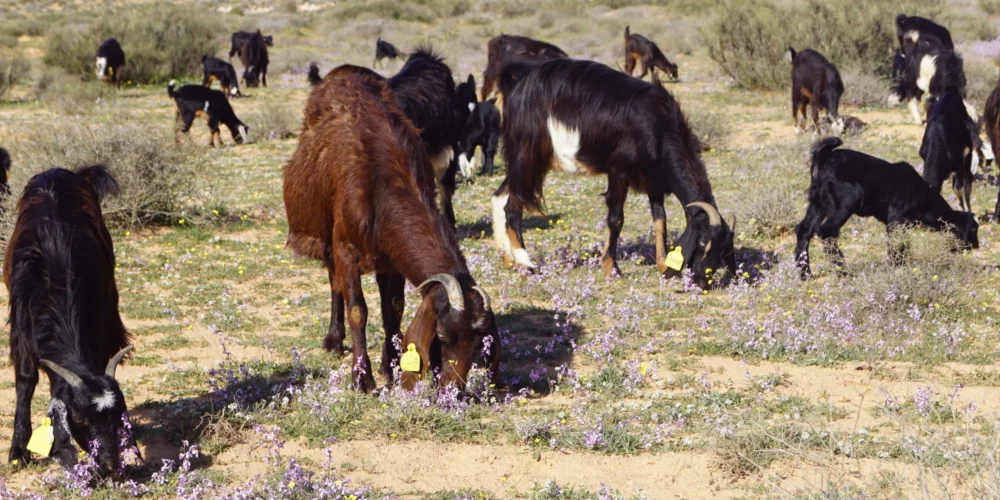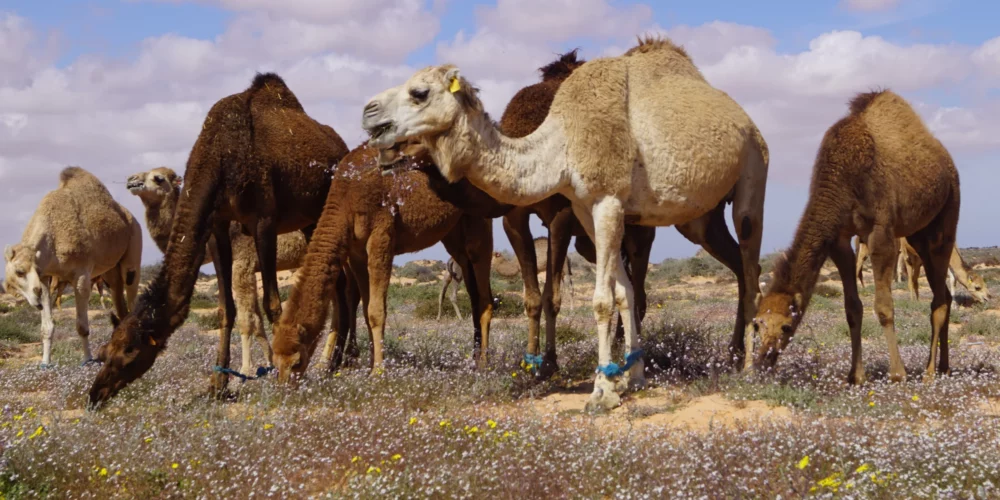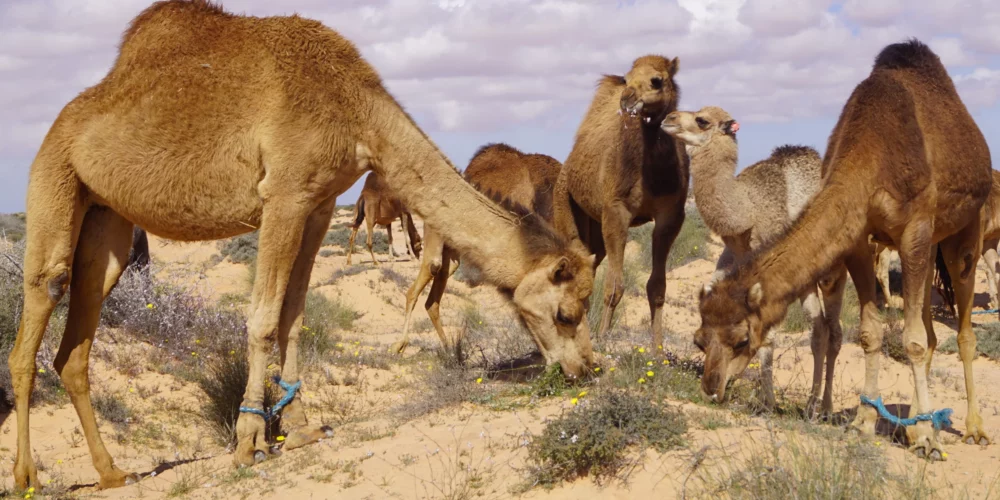Context
For centuries, animal resources, both domestic and wild, have been vital pillars of survival, resilience, and cultural heritage for communities inhabiting arid and desert regions. Livestock farming remains a cornerstone of agricultural activity in these fragile ecosystems, providing essential animal products, securing livelihoods, and offering economic opportunities that contribute to poverty alleviation and reduce population migration.
The Historically rooted in extensive pastoralism, livestock systems in drylands are now undergoing profound transformations. Climate change, socioeconomic shifts, globalization, and evolving market demands have redefined priorities. Modern livestock production must now meet growing expectations for nutritional quality, animal health and welfare, environmental preservation, and traceability. These emerging challenges are driving a new era of innovation, where advanced physical technologies—such as drones, sensors, and robotics—combine with digital solutions like mobile apps, management software, and geographic information systems (GIS) to support sustainable resource use and informed decision-making.
At the same time, the accelerating loss of biodiversity, driven by unsustainable exploitation, pollution, invasive species, and global climate change, underscores the urgent need for innovative conservation strategies. Protecting wildlife species, critical habitats, and biodiversity hotspots requires continuous monitoring through cutting-edge technological tools and stronger synergies between scientific research and digital innovation. This seminar invites researchers, professionals, policymakers, and institutions from around the world to engage in a cross-disciplinary dialogue. Together, we will explore practical, science-based pathways to enhance the sustainability of livestock and wildlife systems in arid and desert environments—ensuring resilience, food security, and ecological integrity for future generations.
The International Seminar on Livestock and Wildlife in Arid and Desert Regions (SIEFAD 2025), organized by the Livestock and Wildlife Laboratory (LEFS) of the Arid Lands Institute (IRA) Médenine and its partners.
Objectives






















